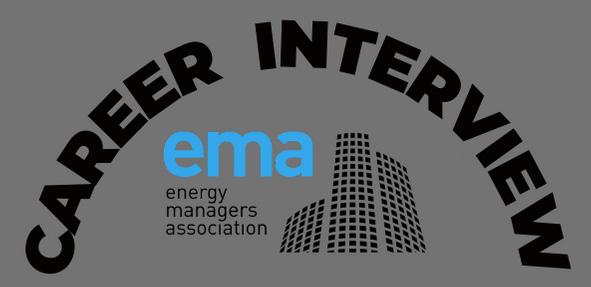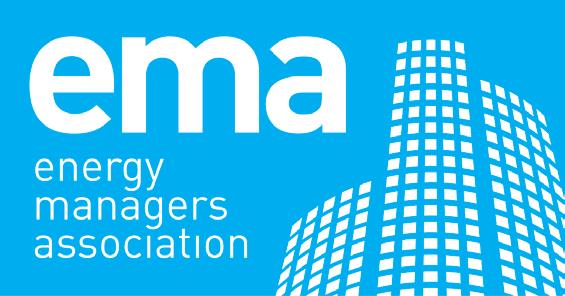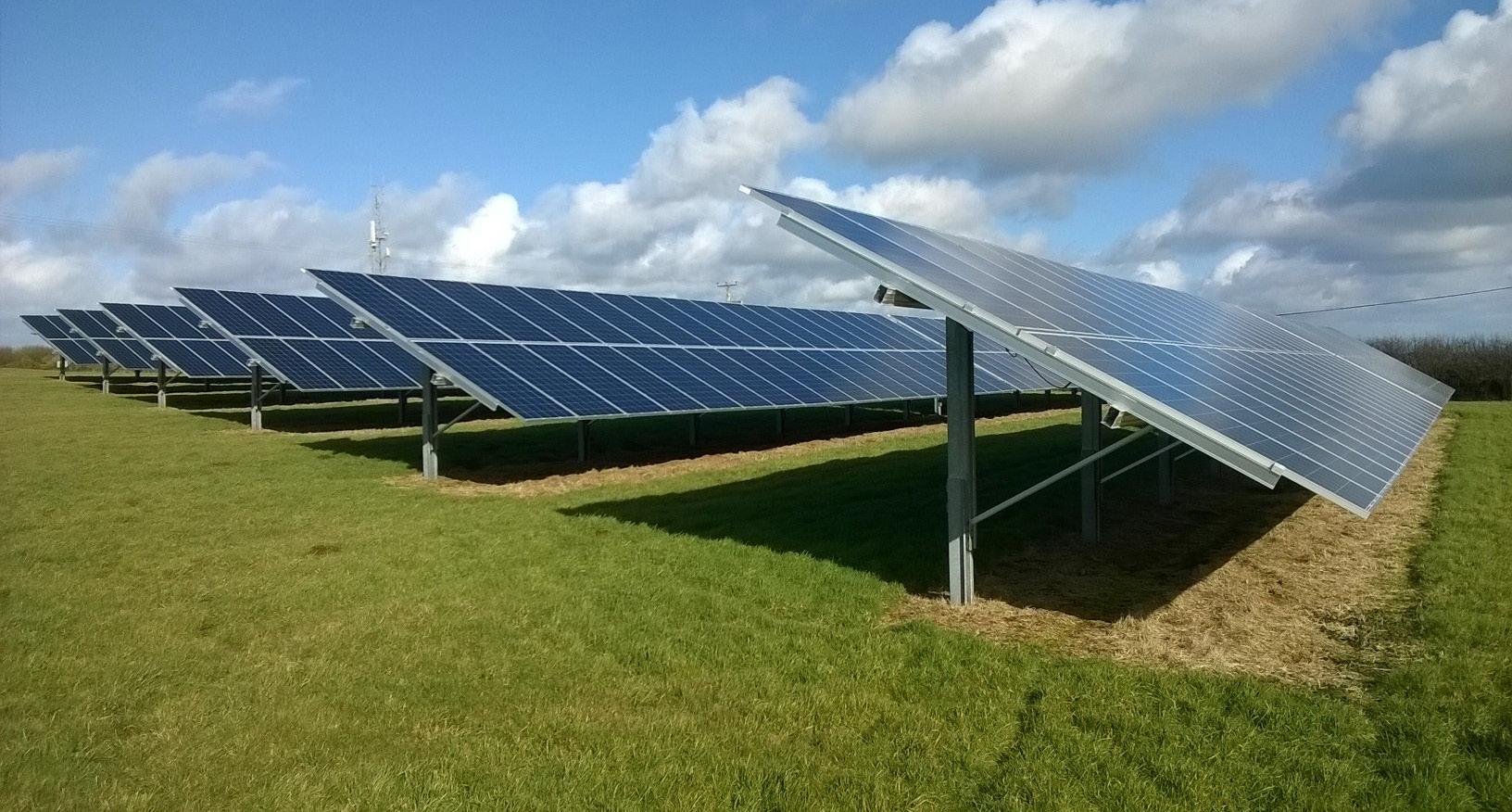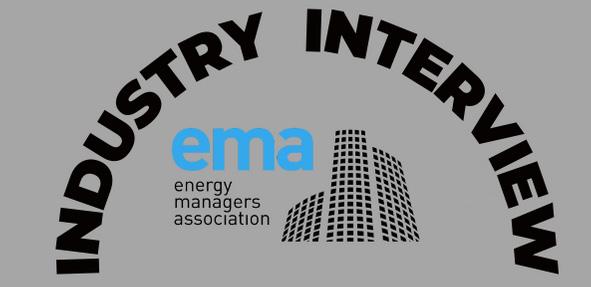
8 minute read
AN ‘IDEAL’ DAY IN THE LIFE OF A UNIVERSITY ENERGY MANAGER
The 23rd of March 2020 was, for many of us, a revolutionary change in how we undertake our working life. The sudden shift from open plan offices, people, collaboration with colleagues and being in the centre of where things happen, to the strange situation of solo working. Working from a spare room at home, organised online video meetings, and the overuse of phrases like “you’re on mute” and “my internet isn’t working well today” has dramatically changed how we all undertake our employment roles.
In many ways the energy management role itself has not changed and the overall goal of energy and carbon reduction, compliance management and strategic planning for estate sustainability future proofing are all still undertaken. What has changed is our reliance on connectivity, whether this be the connectivity of our building systems or our connectivity to those systems from the outside, we are all very much aware of the importance of being able to control our buildings given extreme changes and our ability to do this remotely.
Advertisement
In personal reflection, being away from the buzz of the campus, the buildings and most of all the people, has been hard. Whilst there are very clear benefits of working from home in normal circumstances such as reduction in commuting time, space to undertake concentrated and uninterrupted work and the potential of a better work life balance, these are not normal circumstances.
In the energy sector we all appreciate that very rarely does our day truly follow this regimented structure, but we all do live in hope. No matter how your day pans out when you get to the end you should feel a sense of achievement. Whether that achievement is simply getting to the end of the day, completing that dreaded report you had been procrastinating over or making decisions as to what is the way forward for the energy you manage. Always remember that these are exceptional times and everyone is finding it hard. If you are doing the best you can, that is enough.
7am-9am – Commute, coffee and emails
The change in commuting time has been a revelation in my new working life. Where I would previously have spent an hour in a car, a train, an underground and a walk, I have cut this down to about 6 minutes, and that includes the time it takes for the kettle to boil! Having this time back in the morning gives me the space to clear through emails from the previous days before deciding what specific challenges to tackle that day.
9am–10.30am – Legislation/ compliance/reporting
A role which has not changed is what I call the ‘data churn’. The reporting of data in various guises is the Energy Managers’ mechanism to prove that what they do makes a difference. Whether this is to
keep our organisations out of legislative trouble or to prove that our interventions make a difference, energy reporting is and always will be an important aspect of the role of the Energy Manager. Reporting of data comes with its challenges and I am sure I am not the only one who faces the issue of multiple systems, varieties of data formats, time period shifts and missing data being some of the idiosyncrasies we all deal with. The skill of the Energy Manager is to take this data and transform it into something for everyone. We all make energy reporting look easy but those in the know understand the work which goes into the creation of reports for a variety of people. Energy Managers have the inherent skill of making complicated and complex energy information comprehendible to people in different roles and at different levels.
Legislation and guidance are both changeable and in abundance now. It is hard to know what to focus on and it can be difficult to find the time to read pages and pages of documentation to fully understand what these changes mean to each organisation. As I work in a very small team, on occasion, we do utilise external expertise to help us navigate these changes. A luxury (or additional workload depending on your view) which is not afforded to all and for us has provided good value.
10.30am–10.45am – Popmaster
One change for the better since working from home is allowing myself a break. When I don’t have meetings, my husband and I do a well-known Radio 2 music quiz. Even though a score of 15 out of 39 is a very good day for us, the score is not the point. Taking time away from the laptop to reset from the first part of the morning I have found is helping me clear my head and allows me to think strategically rather than reactively.
10.45am-12.30pm – Project meetings (strategy)
No estate is perfect and whilst building level projects are the bread and butter of a traditional energy management team, there has to be a strategic look forward. The net zero and energy reduction targets we have set ourselves are tough. Taking the University’s energy profile to net zero by 2030 both in volumes of reduction and in timescales is no mean feat. I use this portion of the morning to really focus on what we can achieve through strategy development or feasibility study meetings/ developments.
The University of Glasgow estate has a number of challenges, building age and listed status being major considerations. We all understand the inherent difficulty putting new systems and heating methods into old buildings in a piecemeal fashion, so for us to make the large-scale changes which are required takes a lot of planning and collaboration. Parties involved in large scale projects can run into double figures which requires careful consideration (and a lot of diary juggling).
12.30pm–1pm – Lunch
I try very hard to stop for lunch most days. A year ago, you would have found me hunkered over my laptop, sandwich in one hand typing with the other. Not only is this a bad way to eat for your health, but I have not found it to be conducive to a productive afternoon. A simple half hour away from everything has proved invaluable. I feel better, I have a clear head and it allows me the ability to get into a new frame of mind for the challenges the afternoon brings.
1pm–3pm – Project meetings (energy reductions)
The big ideas are great to understand how to take the team and the university forward in its energy management goals, but there has to be small integral steps in moving the consumption of energy in the right direction. This portion of the day is set aside to take care of project matters. This can take many forms but usually it involves lining up projects, issuing orders, pre-start meetings, dealing with issues in current projects, communications to contractors and project updates from the team.
In the past, we all dreamt of doing energy conservation projects in empty buildings as the flexibility of unoccupied space and not having to deal with people was a cherished idea. However, the current reality
of this has its challenges. Access and onsite decision making, staff availability and onsite collaborative problem resolution have all now been removed which is leading to enhanced email traffic and at times projects taking longer than would be expected. I have found it is important to have time in the day set aside to specifically deal with these issues.
3pm–5pm – Email catch-up
One of the downsides of the lockdown and working from home is the substantial increase in email traffic. I do reminisce on how much could be sorted by a simple chat in the kitchen or popping into a building to see someone in person. We do not tend to lift the phone anymore and I am as guilty of that as the next person.
If I am regimented enough, I can leave my email traffic that I receive during the day to this time alone. It does take huge amounts of will power when I see the email window flash up on the bottom of my screen throughout the day. The undeniable urge to simply sort something quick is hard to resist but keeping emails to one portion of the day I have found makes the other portions of my day more productive.
5pm–5.30pm – Walking or wine
decision make and guide strategic direction, however we cannot achieve this when we are burnt out.
A treat to myself at the end of the day is either a walk or a glass of wine. While the selection of the activity very much depends on the weather, both amount to the same thing in the end which is to end my working day and move into my family time. It is so easy for us all now that we work from home to forget the time, just another email, a few more minutes in a meeting, but we have to be conscious that energy management is not a problem which can be solved with a final email or an extra half hour of a meeting. The challenge we face of taking the energy consumption and carbon emissions of buildings to an acceptable level is huge and will take time. We need to be in the best position to be able to influence,
Author’s Profile:
Gillian has over 13 years of experience in public sector energy management and is currently responsible and accountable for the optimisation of energy sources and active management of the energy consumption within the context of the Glasgow University’s Energy Strategy. Within previous roles Gillian has been the lead on large-scale energy projects, renewable designs and installations in some complex and highly critical buildings.
Gillian is an EMA Board Member and Chair of the EMA Empowering Women in Energy Management and Environment Group.






